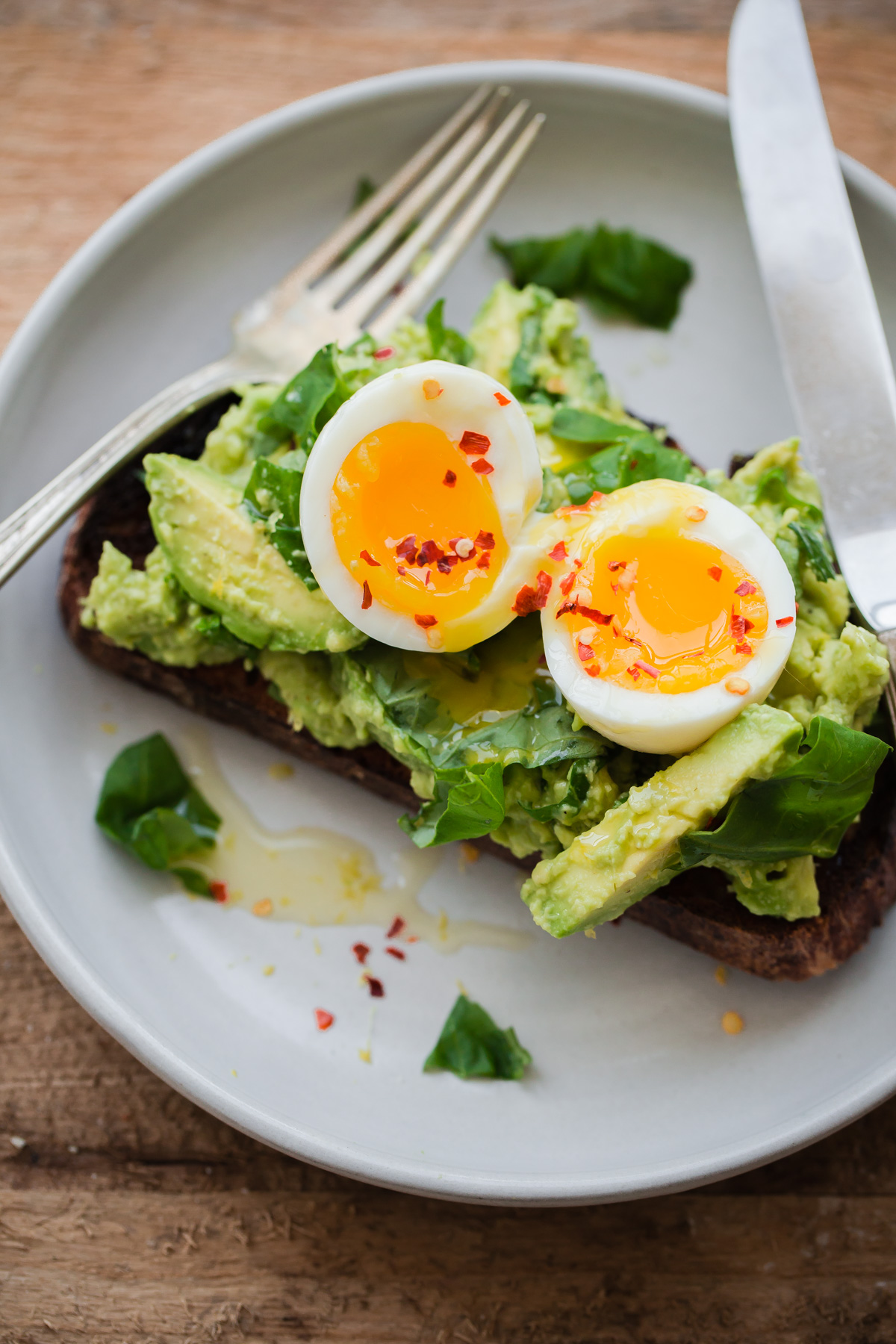This B Vitamin Is Crucial To Good Skin, A Healthy Gut & Balanced Blood Sugar

Your body is a well-oiled machine. Without proper maintenance and fuel, machines begin to slowly break down, and problems start to arise. An adequate well-rounded amount of nutrients are to your body like oil is to a machine. B vitamins in particular play a crucial role in helping your body function optimally.
Many delicate, intricate pathways like methylation—your body’s biochemical superhighway, a process that happens more than 1 billion times every single second—are fueled by B vitamins. It is responsible for helping you to detox, helping to decrease an inflammatory response, and in turn, avoiding a lot of autoimmune-inflammation, brain, and hormone problems. They also help to aid your body in breaking down fats, proteins, and carbohydrates for energy production.
What a lot of people don’t realize, however, is that unlike vitamin C or vitamin D, there are many types of B vitamins that each play their own important role in maintaining how your body functions. In particular, vitamin B7—commonly known as biotin—stands apart from the rest with its role in keeping skin, hair, and nails healthy and looking vibrant and youthful. In fact, biotin is often referred to by its nickname "vitamin H" from the German words Haar and Haut which mean, you guessed it—hair and skin. Other sources say that biotin was originally called vitamin H because when nutrients were first being discovered they were named in alphabetical order.
No matter where its name originated, biotin, like all the other B vitamins, is critical for our body to thrive. B7 is used for a myriad of pathways that determine the health of every single one of our trillions of cells. Without a doubt, biotin is essential for life.
Your body cannot synthesize biotin, so it must be obtained through diet, supplementation, and intestinal bacteria. Any protein-bound biotin from your food ends up being converted to free biotin, which is then absorbed within the small and large intestine. Once absorbed, it is then moved into the systemic circulation, picked up by the liver, to finally cross the blood-brain barrier into the central nervous system.
Since biotin is found in many different kinds of food, severe deficiencies in this nutrient can be rare. However, in my functional medicine clinic, I often see lower, suboptimal levels actually becoming increasingly more common. Why is that? Well, due to the fact that a lot of this conversion happens within your gut, many patients who struggle with inflammatory bowel diseases or other microbiome dysfunctions can have trouble maintaining adequate amounts of biotin. Other factors like antibiotics, which wipe out the beneficial bacteria in your gut, contribute to low levels of biotin since they also end up killing biotin-producing bacteria.
You can also be at risk for biotin deficiency if you:
- Drink excessive amounts of alcohol, which inhibits biotin absorption
- Are pregnant
- Smoke—speeds up biotin absorption and use
- Eat raw egg whites—the protein, avidin, inhibits biotin absorption
Symptoms of biotin deficiency.
If you suspect a deficiency, symptoms can include:
- Fatigue
- Brittle hair
- Hair loss
- Digestive issues
- Dry skin
Biotin is considered a coenzyme for carboxylases, which are enzymes that assist in metabolizing fats, carbohydrates, and proteins for energy production and processes such as gluconeogenesis, insulin release, fatty acid synthesis, and the use of branched-chain amino acids to produce neurotransmitters.
Low levels of biotin can become a problem when your metabolism is concerned. Metabolism is your body’s internal process that turns whatever food you eat into usable energy and any food that is not used for energy is stored as fat. Because biotin is needed for the proper function of this process, you can end up with a whole slew of health problems including fatigue, weight gain, and weight loss resistance.
Vitamin B12 is very important for blood cells growth. Read here : क्यों जरूरी है vitamin B12? विटामिन B12 की कमी, उपयोग, स्त्रोत की जानकारी :
ReplyDelete